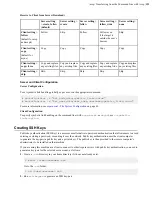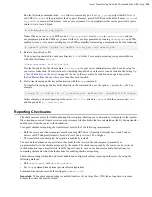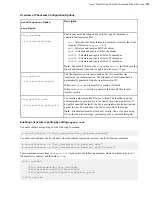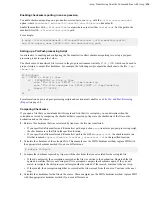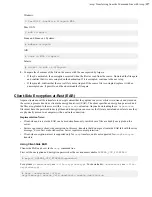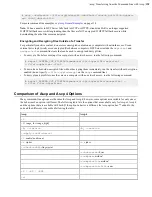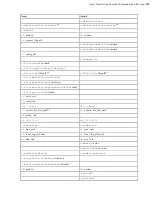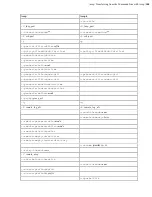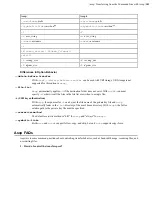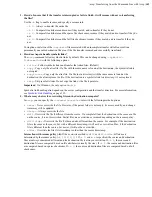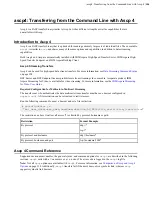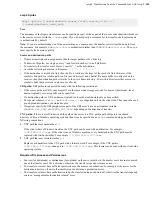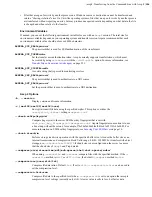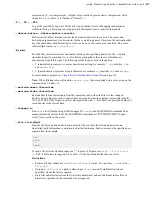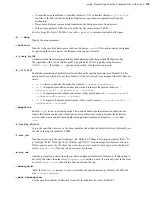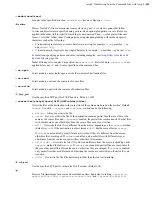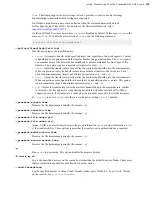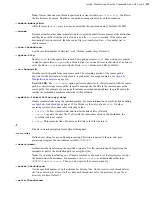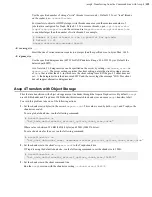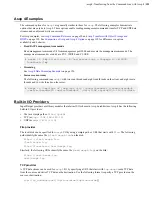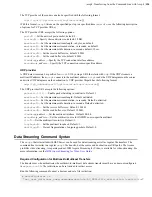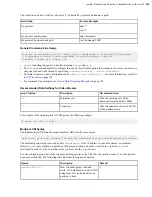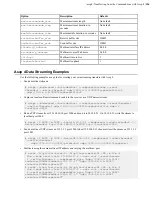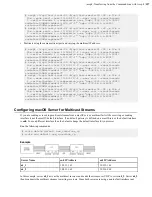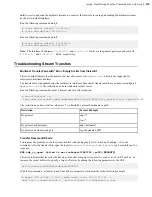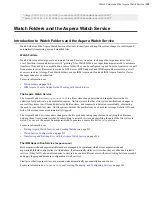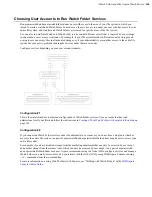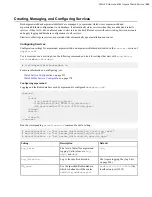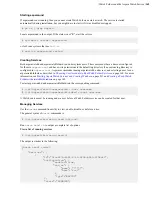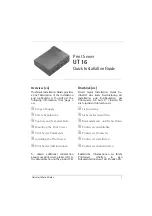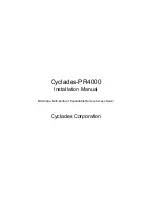
| ascp4: Transferring from the Command Line with Ascp 4 |
147
compression (0 = no compression). A higher value results in greater, slower compression. Valid
values are -1 to 9, where -1 is "balanced". Default: -1.
-D | -DD | -DDD
Log at the specified debug level. With each
D
, an additional level of debugging information is
written to the log. This option is not supported if the transfer user is restricted to aspshell.
--delete-before
,
--delete-before-transfer
Before transfer, delete files that exist at the destination but not at the source. The source and
destination arguments must be directories that have matching names. Objects on the destination that
have the same name but different type or size as objects on the source are not deleted. Do not use
with multiple sources or
--keepalive
.
-E
pattern
Exclude files or directories from the transfer based on the specified pattern. Use the
-N
option
(include) to specify exceptions to
-E
rules. Rules are applied in the order in which they are
encountered, from left to right. The following symbols can be used in the pattern:
•
*
(asterisk) represents zero or more characters in a string, for example
*.tmp
matches
.tmp
and
abcde.tmp
.
•
?
(question mark) represents a single character, for example
t?p
matches
tmp
but not
temp
.
For details and examples, see
Using Filters to Include and Exclude Files
on page 126.
Note:
When filtering rules are found in
aspera.conf
, they are applied
before
rules given on the
command line (
-E
and
-N
).
--exclude-newer-than=
mtime
--exclude-older-than=
mtime
Exclude files (but not directories) from the transfer based on when the file was last changed.
Positive
mtime
values are used to express time, in seconds, since the original system time (usually
1970-01-01 00:00:00). Negative
mtime
values (prefixed with "
-
") are used to express the number of
seconds prior to the current time.
--faspmgr-io
Run
ascp4
in API mode using FASP manager I/O.
ascp4
reads FASPMGR4 commands from
management and executes them. The FASPMGR4 commands are PUT/WRITE/STOP to open/
write/close on a file on the server.
--file-list=
filepath
Transfer the files and directories that are listed in
filepath
. Only the files and directories are
transferred; path information is not preserved at the destination. Each source must be specified on a
separate line, for example:
src
src2
...
srcN
To read a file list from standard input, use "-" in place of
filepath
(as
ascp4 --file-list=-
…)
. UTF-8 file format is supported. Use with
-d
if the destination folder does not exist.
Restrictions:
• Paths in file lists cannot use
user
@
host
:
filepath
syntax. You must use
--user
with
--
file-list
.
• Only one
--file-list
option is allowed per
ascp4
session. If multiple file lists are
specified, all but the last are ignored.
• Only files and directories from the file list are transferred, and any additional source files or
directories specified on the command line are ignored.

